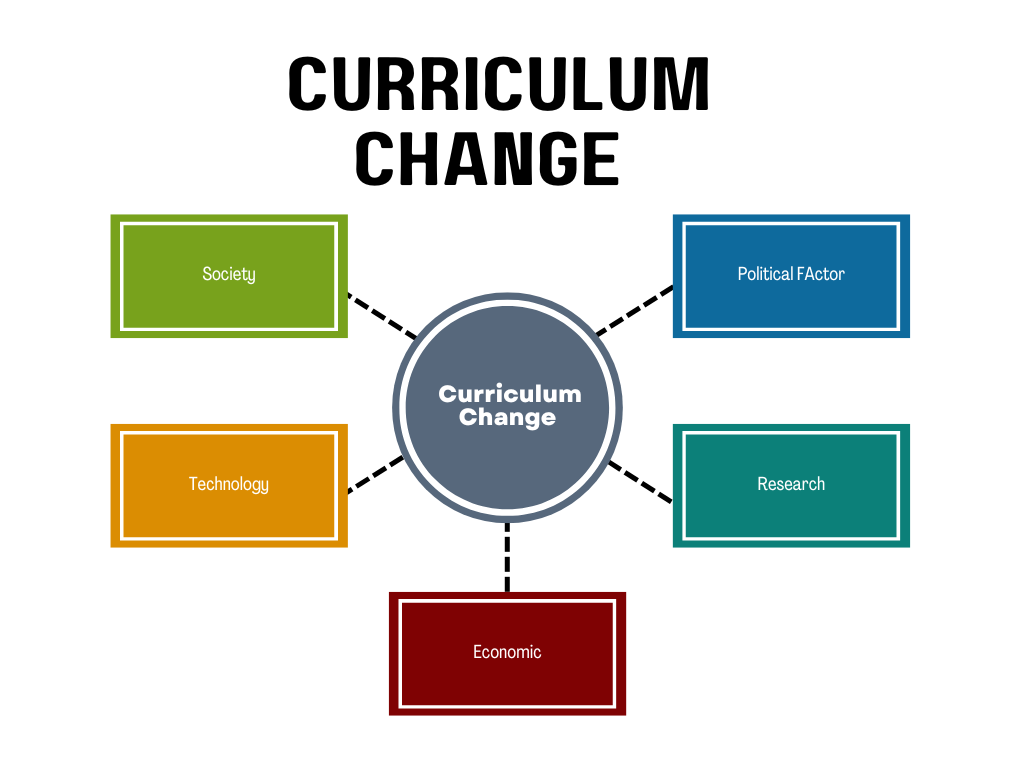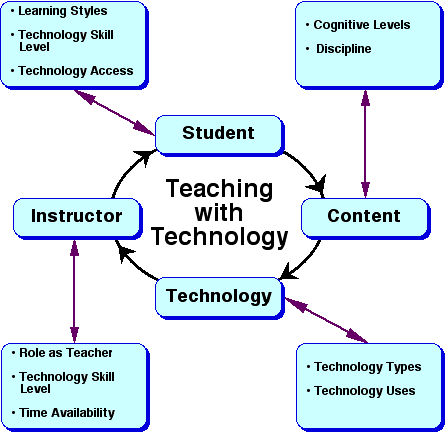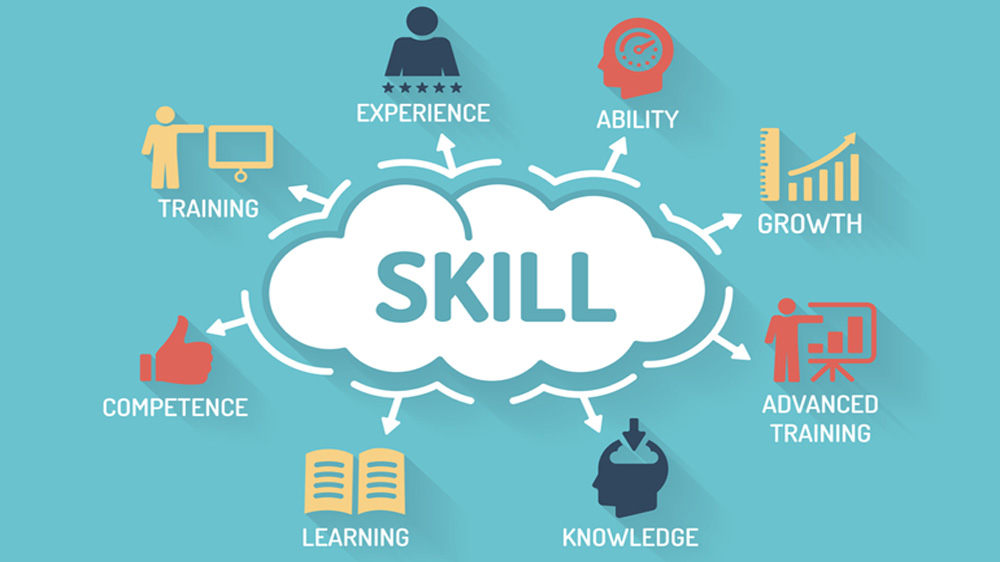Industry 4.0, also known as the “fourth industrial revolution,” is a term used to describe the current trend of automation and data exchange in manufacturing technologies. The implementation of Industry 4.0 has significant implications for businesses worldwide. It is transforming traditional ways of manufacturing and opening up new opportunities for growth and innovation. In this context, B-schools play a crucial role in preparing future business leaders to adapt to this changing landscape.
As we dive into this topic, it is important to first define Industry 4.0. It refers to the integration of advanced technologies such as artificial intelligence, the Internet of Things (IoT), cloud computing, and robotics into the manufacturing process. This integration enables real-time data collection, analysis, and decision-making, resulting in improved efficiency and productivity.
The impact of Industry 4.0 on B-schools is significant. B-schools must adapt their curriculum to prepare students for the demands of the future business landscape.
Changes in Curriculum

As the business landscape continues to evolve with Industry 4.0, B-schools in India are updating their curricula to reflect these changes. Here are some of the changes that are taking place:
Inclusion of new courses in the curriculum:
B-schools are adding new courses to their curriculum to equip students with the necessary knowledge and skills required to succeed in the Industry 4.0 era. These courses may include subjects such as automation, data analytics, machine learning, and artificial intelligence.
Increased focus on technology and data analytics:
With the integration of advanced technologies in the manufacturing process, businesses are generating an enormous amount of data. B-schools are, therefore, placing increased emphasis on technology and data analytics to enable students to make data-driven decisions.
Importance of soft skills:
In addition to technical skills, B-schools are also emphasizing the importance of soft skills. Soft skills such as communication, teamwork, problem-solving, and leadership are becoming increasingly important in the Industry 4.0 era. B-schools are, therefore, providing opportunities for students to develop these skills through various activities such as group projects, case studies, and presentations.
Role of Technology in Teaching and Learning

According to the Day schools in Dehradun, The integration of advanced technologies has not only impacted the curriculum of B-schools but also the way in which education is delivered. Here are some of the ways in which B-schools are utilizing technology to enhance teaching and learning:
Online education and use of digital platforms:
B-schools in India are increasingly using digital platforms and online education to deliver their courses. This allows students to learn at their own pace and convenience. Online education platforms also offer a variety of courses from different institutions, giving students access to a broader range of resources.
Virtual and augmented reality:
Virtual and augmented reality technologies are being used to enhance the learning experience. B-schools are using these technologies to create virtual simulations of business scenarios, enabling students to experience real-world situations and develop problem-solving skills. These technologies also enable students to explore and visualize complex concepts, making learning more engaging and interactive.
Use of Simulation and Gamification:
Simulation and gamification techniques are being used to make learning more enjoyable and engaging. B-schools are creating simulations and games that mimic real-world business scenarios, enabling students to apply their knowledge and skills in a practical setting. These techniques also encourage healthy competition and teamwork among students, fostering a collaborative learning environment.
Skill Development

As per research conducted by Schools in India, The Industry 4.0 era has brought about the need for new skills and competencies among students and faculty alike. B-schools in India are taking proactive measures to ensure that students and faculty are equipped with the necessary skills to succeed in the new era. Here are some of the ways in which B-schools are focusing on skill development:
Upgradation of faculty skills:
B-schools are providing faculty members with training and development opportunities to upgrade their skills and stay up-to-date with the latest trends and technologies. This enables faculty members to provide students with a high-quality education that is relevant to the industry.
Provision of training and certification courses:
B-schools are offering training and certification courses in emerging technologies such as data analytics, artificial intelligence, and blockchain. These courses enable students to develop the necessary skills to succeed in the Industry 4.0 era.
Emphasis on lifelong learning:
B-schools are placing a greater emphasis on lifelong learning and providing students with opportunities to continue their education beyond their formal studies. This enables students to stay up-to-date with the latest trends and technologies and develop new skills that are relevant to their careers.
Impact on Job Opportunities

The Industry 4.0 era is bringing about significant changes in the job market. B-schools in India are preparing students for these changes by providing them with the necessary skills and knowledge to succeed in the new era. Here are some of the ways in which the Industry 4.0 era is impacting job opportunities:
The emergence of new job roles:
The Industry 4.0 era is giving rise to new job roles such as data analyst, digital marketer, and cybersecurity specialist. B-schools are preparing students for these emerging job roles by providing them with the necessary skills and knowledge.
Changes in job requirements:
The Industry 4.0 era is also bringing about changes in job requirements. Employers are looking for candidates who have a combination of technical and soft skills, as well as the ability to adapt to change and learn new skills quickly.
Career opportunities in emerging fields:
The Industry 4.0 era is creating new opportunities in emerging fields such as data analytics, artificial intelligence, and blockchain. B-schools are preparing students for these emerging fields by providing them with the necessary skills and knowledge.
Setbacks

While the Industry 4.0 era presents significant opportunities, it also poses several challenges for B-schools in India. Here are some of the challenges that B-schools are facing:
Resistance to change:
Implementing changes to the curriculum, teaching methods, and infrastructure can be challenging, as it requires a change in mindset and approach. Resistance to change from stakeholders can hinder the progress of B-schools in adapting to the new era.
Infrastructure and resource limitations:
Adapting to the Industry 4.0 era requires significant investment in infrastructure, technology, and resources. Limited financial resources can be a hindrance to B-schools in India to keep up with the latest trends and technologies.
Need for continuous upgradation:
The rapid pace of technological change means that B-schools need to continuously upgrade their curriculum, teaching methods, and infrastructure to remain relevant. This requires a constant investment of resources and efforts.
In summary
Industry 4.0 is transforming the business world, and B-schools in India are adapting to these changes. The changes in curriculum, teaching methods, and industry-academia collaborations are enabling students to develop the necessary skills and knowledge to succeed in the new era. However, the Industry 4.0 era poses several challenges, including resistance to change, infrastructure and resource limitations, and the need for continuous upgrades.
B-schools in India must overcome these challenges and continue to innovate to remain relevant in the dynamic business world. It is crucial to stay up-to-date with the latest trends and technologies and continuously upgrade the curriculum and teaching methods to prepare students for emerging job roles and industries. The future prospects of B-schools in India are promising, as they are taking proactive measures to adapt to the Industry 4.0 era and prepare students for the challenges and opportunities of the future.






